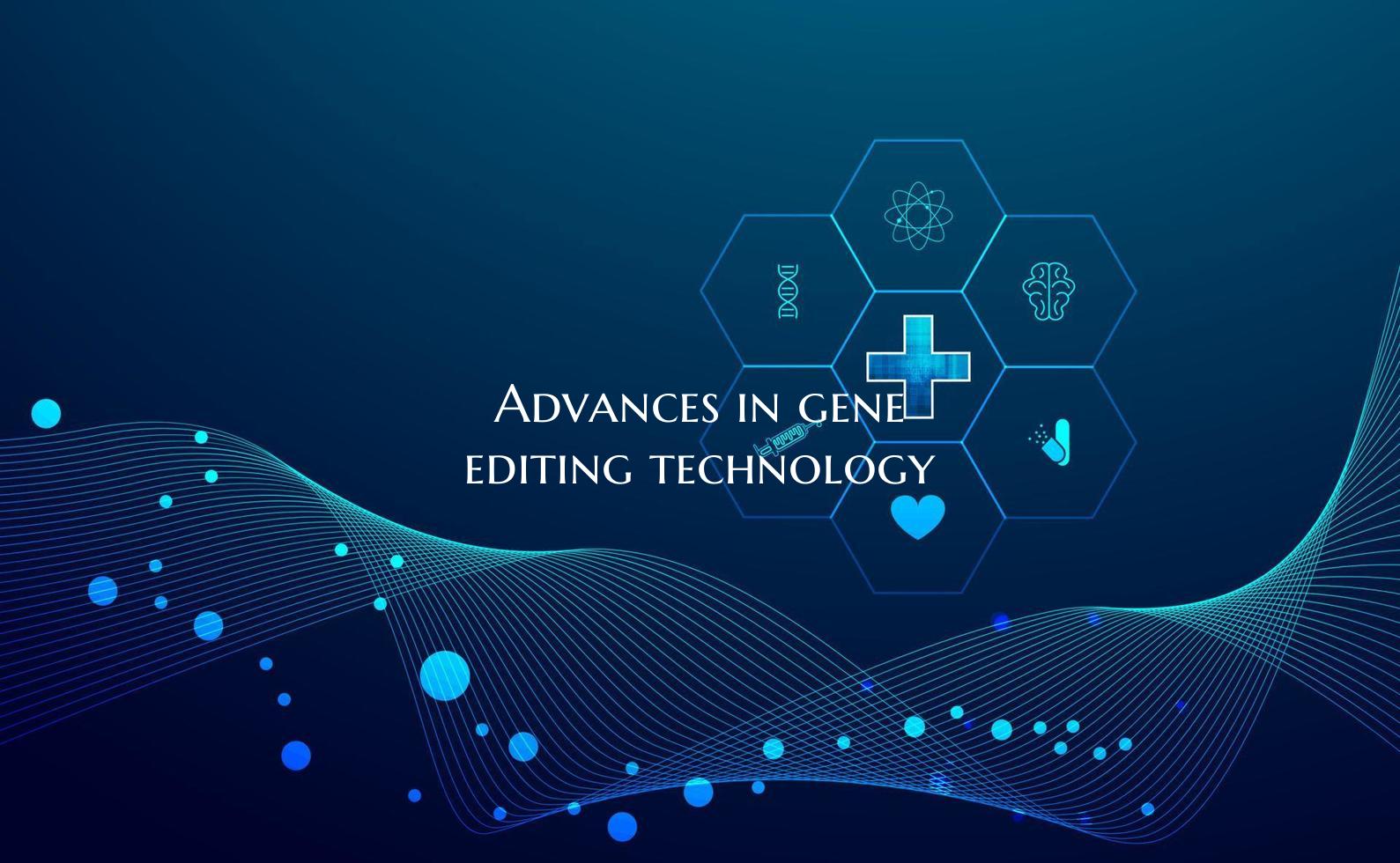
Advances in gene editing technology
Gene editing technology has witnessed remarkable advancements in recent years, revolutionizing the field of biotechnology and offering unprecedented opportunities for personalized medicine. The emergence of cutting-edge tools like CRISPR-Cas9 has transformed the way we understand and manipulate genetic information, paving the way for breakthroughs in various fields, including agriculture, biomedicine, and environmental conservation.
CRISPR-Cas9, in particular, has gained widespread attention for its precision and efficiency in editing specific genes within DNA sequences. This revolutionary technology enables scientists to target and modify genetic information with unprecedented accuracy, opening up new possibilities for treating genetic disorders, developing genetically modified organisms, and studying gene functions in diverse organisms.
The potential applications of gene editing technology are vast and diverse. In the field of healthcare, researchers are exploring the use of CRISPR-Cas9 to develop targeted therapies for genetic diseases such as sickle cell anemia, cystic fibrosis, and muscular dystrophy. By precisely editing faulty genes responsible for these disorders, scientists aim to create personalized treatment options tailored to individual patients' genetic makeup.
In addition to its therapeutic potential, gene editing technology holds promise for enhancing crop yields, improving food security, and addressing environmental challenges. By modifying the genetic traits of plants, scientists can develop more resilient crops that are resistant to pests, diseases, and environmental stressors, thereby increasing agricultural productivity and sustainability.
Moreover, gene editing technology has the potential to revolutionize conservation efforts by preserving endangered species, restoring ecosystems, and mitigating the impact of climate change. By editing the genomes of threatened species, scientists can improve their adaptability to changing environmental conditions and enhance their chances of survival in the wild.
As gene editing technology continues to evolve, ethical considerations surrounding its use become increasingly important. Questions about the regulation of gene editing, the potential risks of unintended genetic modifications, and the implications of altering the germline are subjects of ongoing debate within the scientific community and society at large.
Overall, the rapid progress in gene editing technology heralds a new era of precision medicine, where treatments and interventions are tailored to individual genetic profiles. By harnessing the power of gene editing, researchers are poised to unlock new possibilities in healthcare, agriculture, and environmental conservation, shaping a more sustainable and healthy future for generations to come.